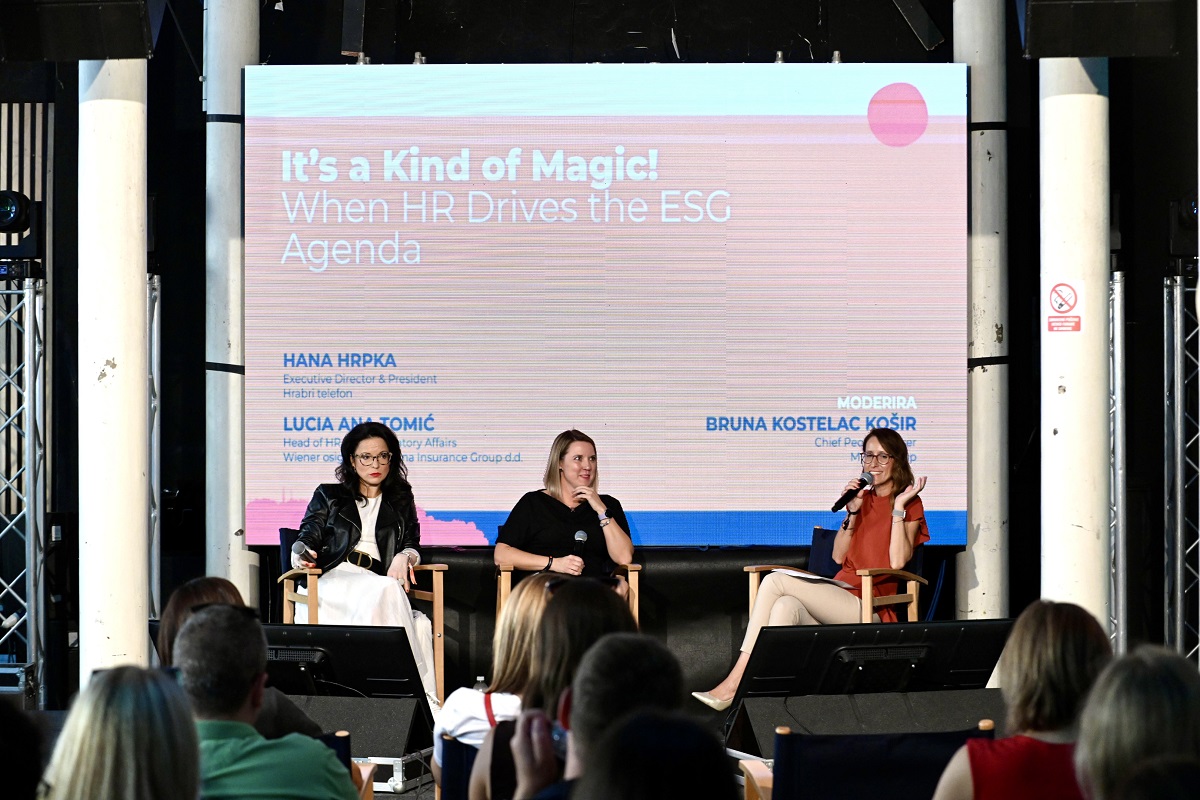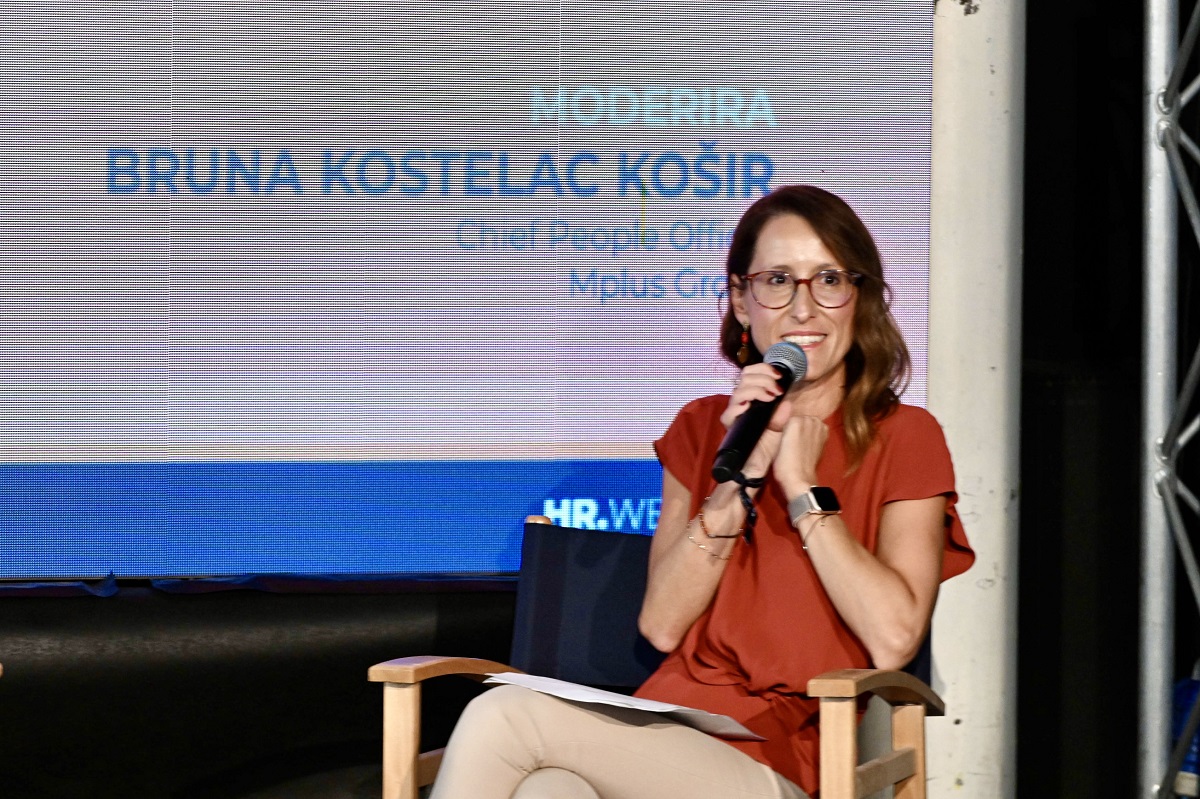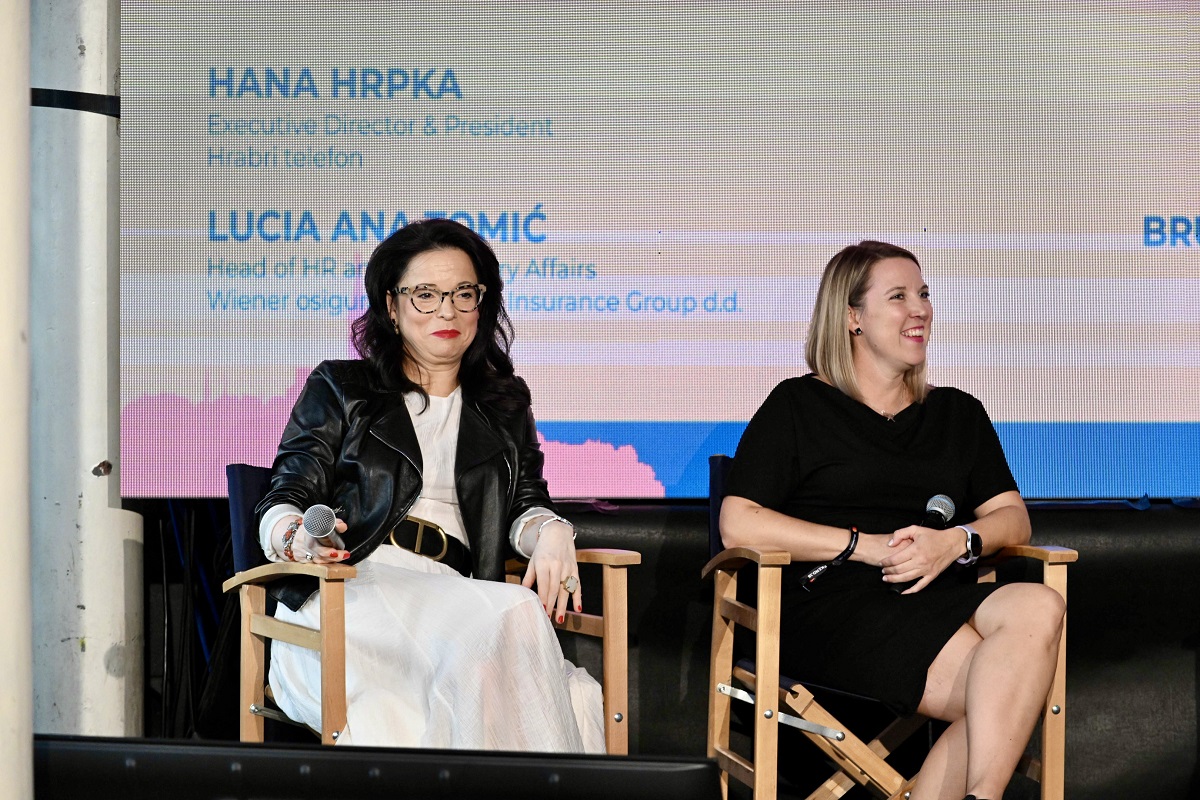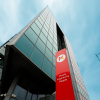
Photo: WMF / Matej Rebernisak
Rovinj, September 19, 2025 – ESG is steadily climbing to the top of boardroom agendas. But can Human Resources (HR) be the driving force that turns lofty commitments into real impact?
That was the central question of the panel, “It’s a Kind of Magic! When HR Drives the ESG Agenda” – part of HR.Weekend at the Weekend Media Festival, the largest regional gathering on communications, media, and creative industries, held annually in Rovinj.
Moderated by Mplus’s Chief People Officer, Bruna Kostelac Košir, the session brought together two distinguished speakers: Lucia Ana Tomić, Head of HR and Regulatory Affairs at Wiener osiguranje Vienna Insurance Group d.d., and Hana Hrpka, Executive Director and President of Hrabri telefon (Brave Phone).
Why HR Matters in ESG
Bruna opened the conversation, referring to the EU ESG (de)regulation initiative, the increasing challenges of implementing tight ESG standards, and the critical role of people in bringing these standards to life.
“Translated into the corporate environment, this is visible in the gap between HR and ESG departments – often located ‘on different sides of the hallway,’ reporting to different executives, and sometimes even competing for budgets,” Bruna Kostelac Košir noted.
“This divide can weaken the impact of ESG strategies, especially when employees are not fully engaged,” added Lucia Ana Tomić.
As ESG continues to rise on boardroom agendas, the panel explored a pressing issue: the “human factor” often being overlooked. While one third of companies in Croatia already have an ESG strategy and nearly 40% employ ESG specialists, the discussion highlighted that the role of HR in bringing these strategies to life remains crucial.

Photo: WMF / Matej Rebernisak
From Strategy to Action
The conversation focused on practical ways HR can contribute to ESG, from embedding sustainability into employer branding and recruitment to integrating ESG values into training, team building, and organizational culture. Panelists also emphasized that HR’s unique position – at the intersection of people, culture, and leadership – makes it a natural driver of change. By aligning employee engagement with ESG goals, companies can attract younger generations, especially Gen Z, who increasingly expect their employers to be “greener” and socially responsible.
“The best partnerships are born from recognizing shared values and exchanging knowledge and experience,” said Hana Hrpka, referring to the successful partnership between Brave phone and Mplus.
Similarly, Lucia Ana Tomić emphasized that employees are more engaged when they have opportunities to actively participate in ESG initiatives, creating a direct link between engagement and impact.

Photo: WMF / Matej Rebernisak
Looking Ahead: HR’s Expanding Role
The discussion further explored emerging workforce challenges, including mental health, parenting responsibilities, and new expectations from younger employees.
The panelists agreed that HR’s role is expanding and that proactive leadership is becoming essential. ESG strategies can only succeed if HR steps up and takes responsibility, rather than playing the ‘not my job’ card.
“If you want to be truly strategic, start with your core business – identify what you do best and which NGO you can support most effectively. That’s how real partnerships are built,” Bruna Kostelac Košir concluded.



